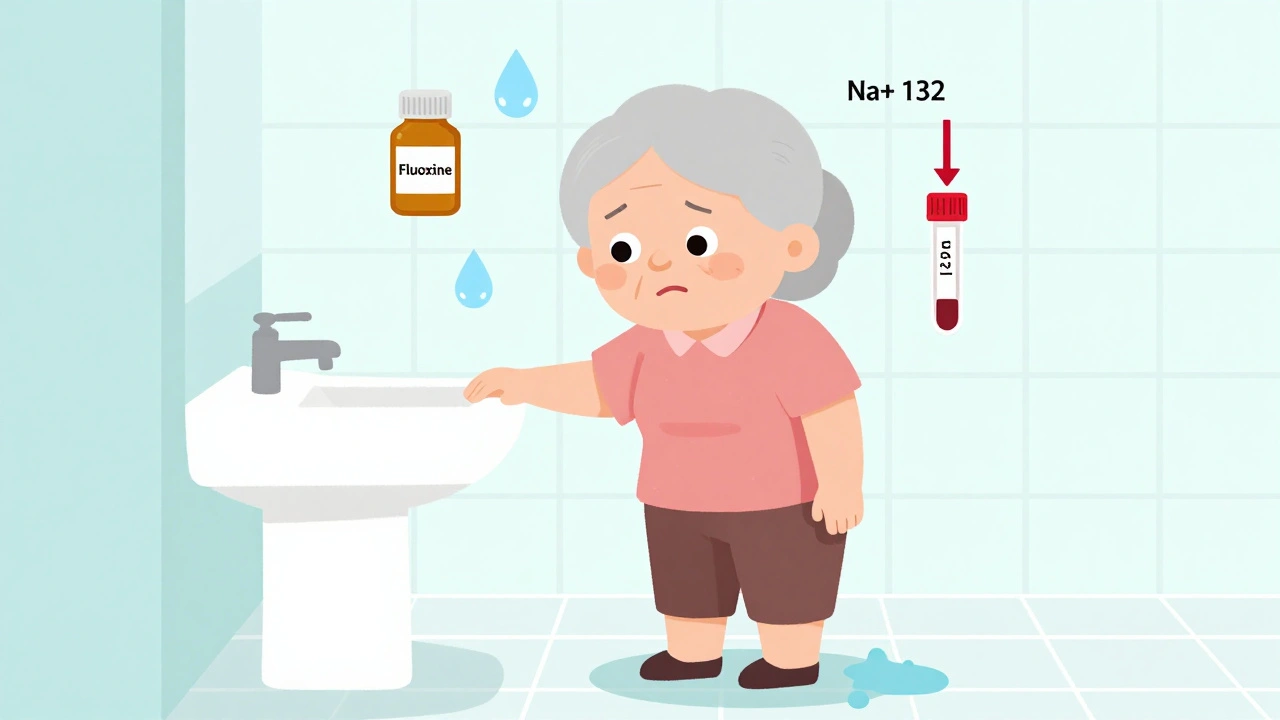SSRIs – What They Are and How They Work
Selective serotonin reuptake inhibitors, or SSRIs, are the most prescribed class of antidepressants. They work by keeping more serotonin in the brain, which helps improve mood and reduce anxiety. Unlike older meds, SSRIs usually cause fewer severe reactions, making them a first‑line choice for many doctors.
If you’ve heard names like Paxil, Prozac, or Zoloft, those are all SSRIs. Each one has a slightly different chemical structure, but the basic job is the same – boost serotonin activity. This simple mechanism is why they’re also used for panic attacks, obsessive‑compulsive disorder, and sometimes chronic pain.
Common SSRIs and Their Uses
Paxil (paroxetine) is a popular option for depression and anxiety. It’s known for a fairly strong effect, which can be good if symptoms are severe, but it may also bring more weight‑gain or sexual side effects. Prozac (fluoxetine) tends to be more energizing, so doctors often pick it for people who feel sluggish. Zoloft (sertraline) hits a middle ground, working well for both depression and social anxiety.
When you start an SSRI, the usual dose is low and builds up over a few weeks. Most people notice a mood lift after about two to four weeks, but full benefits can take up to three months. It’s normal to feel a bit nervous or have a headache at first – those are short‑term effects that usually fade.
Managing Side Effects and Choosing Alternatives
Common side effects include nausea, dry mouth, trouble sleeping, and a dip in libido. If any symptom feels too strong, talk to your doctor; sometimes a tiny dose change fixes it. For more stubborn issues, doctors may suggest switching to another SSRI or trying a different class like bupropion (Wellbutrin), which often has fewer sexual side effects.
When you need to stop an SSRI, don’t quit cold turkey. A taper plan over a few weeks reduces withdrawal symptoms like brain zaps or dizziness. Your doctor can give you a schedule that slowly reduces the dose, keeping you comfortable.
Overall, SSRIs are a reliable tool for many mental‑health challenges. Understanding the basics – what they do, which ones are common, and how to handle side effects – helps you work with your doctor and find the best fit for your needs.
Older Adults on SSRIs: How to Prevent Hyponatremia and Falls
SSRIs help older adults with depression but raise the risk of hyponatremia and falls. Learn how to spot the signs, choose safer antidepressants, and prevent serious complications.
6 Alternatives in 2025 to Escitalopram: Comparing Your Options for Depression and Anxiety
Thinking of switching from Escitalopram in 2025? This article compares six top alternatives, breaking down the pros and cons based on real-world practicality. Get straightforward info on how each medication works, their key benefits, and the side effects that might affect your daily life. Tips and interesting facts are included to help make your decision easier. Perfect for anyone feeling stuck with their current medication or just wanting to learn what’s out there.


